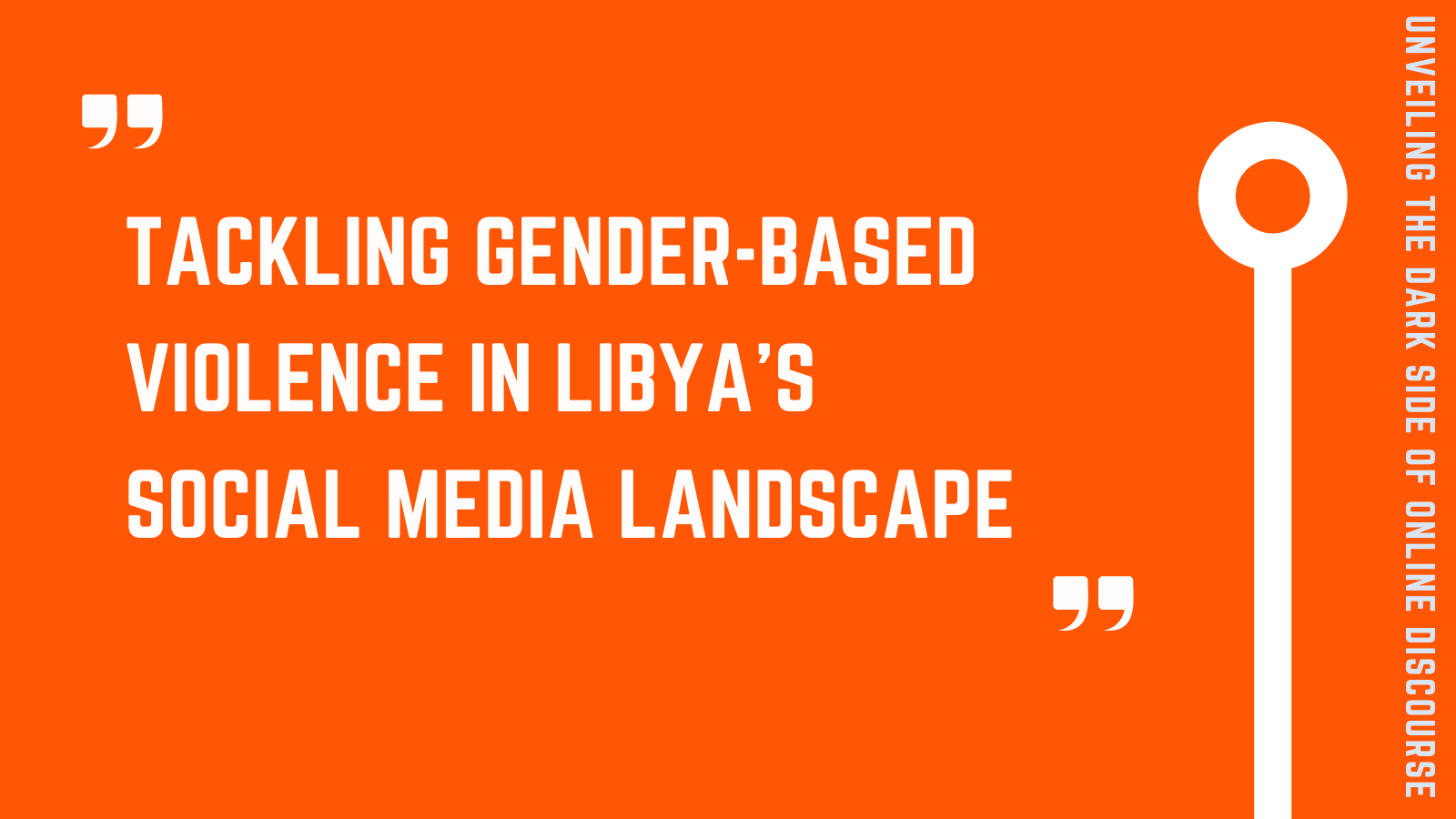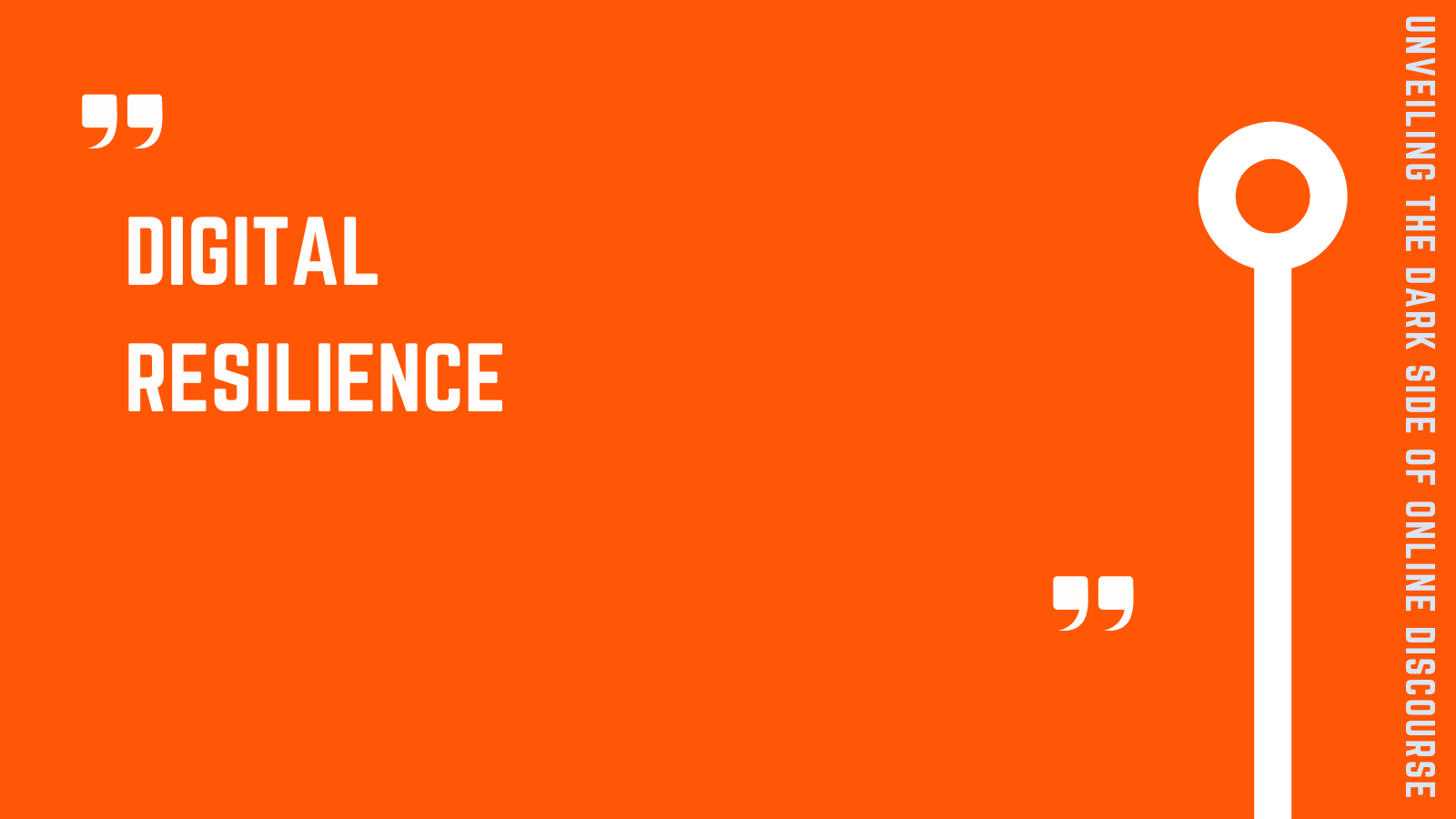This social media monitoring report comes as a component from the Firmer Ground for Advancing Women’s Participation in Libya (FG4W) project, in collaboration with Democracy Reporting International and implemented by eLab. The FG4W initiative aims to reinforce the capacities of Women's Rights Organizations (WROs) to address women's needs and priorities, including confronting gender-based violence (GBV).
The social media monitoring component was introduced in 2021 to improve understanding of the main challenges facing women candidates online. A 2022 report on gendered hate speech, misinformation and disinformation appeared to build a comprehensive picture of the main channels, accounts and actors discussing women in elections and to better understand the relationship between online and offline GBV. This will help provide WROs to respond to online abuse against women in the public sphere.
Main findings
The report highlights a pervasive presence of online gendered hate speech, misinformation, and disinformation, facing female candidates in Libya.
- Women’s political activism isn’t well represented on social media platforms such as Twitter and Facebook.
- Women in post-conflict Libya face discrimination and systematic violence. Several prominent female politicians and activists are being threatened through:
- Character Assassination: Women candidates often face malicious attacks aimed at tarnishing their reputation and credibility.
- Threats: Threats of violence against women are alarmingly common, instilling fear and intimidation.
- Harassment: Persistent and often coordinated harassment campaigns are waged against women, discouraging their participation in public discourse.
Impact
The narratives perpetuated through online discourse serve to marginalise and silence women. False narratives portraying women as incompetent or morally deficient undermine their agency and contribution to society. Additionally, disinformation campaigns aim to cast doubt and distrust, and to further marginalise women in public spaces. The research sheds light on threat actors and harmful behaviours. It also aims at tackling these behaviours and to suggest recommendations to digital platforms and policy makers.
Methodology and Data Approach
The narratives perpetuated through online discourse serve to marginalise and silence women. False narratives portraying women as incompetent or morally deficient undermine their agency and contribution to society. Additionally, disinformation campaigns aim to cast doubt and distrust, and to further marginalise women in public spaces. The research sheds light on threat actors and harmful behaviours. It also aims at tackling these behaviours and to suggest recommendations to digital platforms and policy makers.



